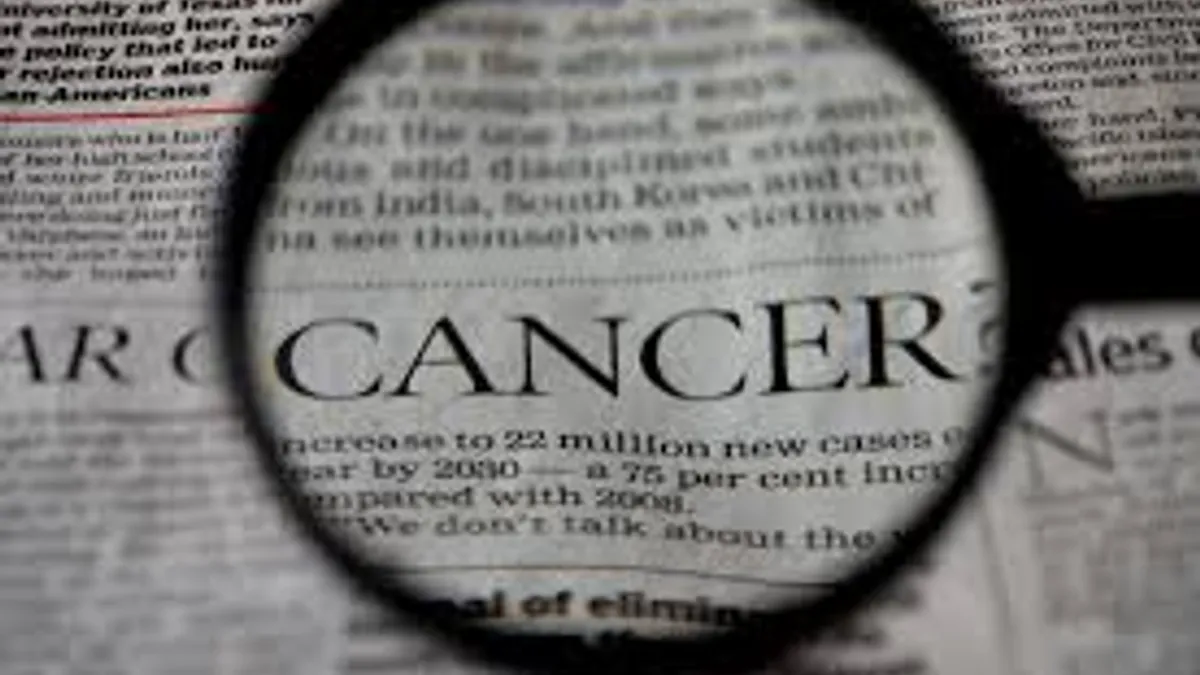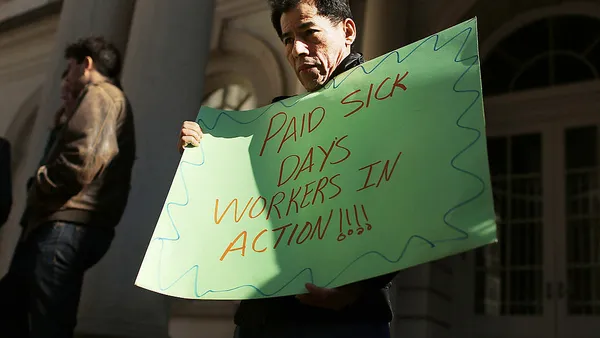Dive Brief:
- Employers say there’s a level of complexity in managing employees’ cancer-related needs that is not associated with any other type of condition, according to a new report from Northeast Business Group on Health (NEBGH).
- The findings come from a NEBGH Solutions Center project involving a survey, detailed discussions with employers, and a Spring 2015 multi-stakeholder working roundtable comprised of more than 30 executives from large self-insured companies, health plans, consulting organizations and other stakeholders.
- Bottom line: employers need help in evaluating the quality of cancer care their benefits dollars are purchasing, and report they want to be better equipped to assist employees who have been diagnosed with cancer.
Dive Insight:
“The high cost of cancer care is a big concern for employers, but even before addressing those costs, they want to understand what, exactly, it is they are purchasing,” said Laurel Pickering, MPH, president and CEO of NEBGH. “Fear is a huge factor, and benefits managers want to be better equipped to deal with the emotional toll and the myriad of confusing treatment options, disability issues and financial ramifications associated with a cancer diagnosis."
Pickering says NEBGH’s report highlights many of the gaps employers face as they try to make sense of the landscape surrounding cancer, including the relative efficacy of various treatments, variations in chemotherapy cost depending on site of care, outcomes at cancer Centers of Excellence versus local hospitals, and what type of support programs are most helpful for employees.
NEBGH’s report says employers, health plans and other stakeholders can and should work together to improve outcomes-based cancer data, so that employers can better understand the impact of care on their employee populations, among other issues.














